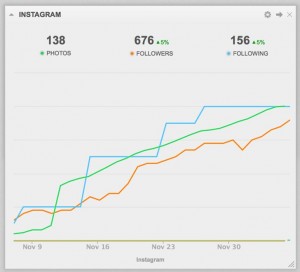Choosing a broker can be as challenging as choosing a stock. You have to be familiar with different investing styles such as dividend investing and make sure that your choice is aligned with your needs. Being a broker for the first time can be overwhelming because there are broker-resellers and regular brokers. The difference is that the former acts as intermediaries between the more established broker and the client while the latter deals directly with the client.
Factors to consider when choosing a stock broker
You may not be able to determine which option works best for you unless you do the legwork. In narrowing down your options, these factors should be taken into account:
Fee structures
You will never know what you will be paying unless you have an idea about the fee structures. If you deem a broker to have an unfamiliar fee structure, verify if it is legitimate. The fee structure should be aligned with your investing style. Once you notice that the rates are too good to be true, take the time to read the fine print in the fee summary and account agreement. You may not be aware of the additional fees that are hidden there.
Fees and Costs
Investors who are under 30 may not have enough budget at their disposal. This is why it is important to know the brokerage fees associated with investing. Some of the fees to expect are:
Withdrawal fees: Brokers may charge you a fee when making a withdrawal, or may restrict you from withdrawing the money if the balance is already below minimum. Some may give you an option to write checks against your account, but this option may require higher minimum balance. It is important that you know the rules associated with withdrawing money from your account.
Margin accounts: Some new investors may not immediately open a margin account because it requires higher minimum balance than other types of brokerage accounts. You will also need to check the interest rate for making a trade on margin.
Minimums: Most stock brokers will require a minimum balance once you set up an account. Online brokers offer the lowest minimums that can range from $ 500 to $ 1,000.
Investment Styles
Another factor that can influence your decision is investment style. Your investment style will depend on your risk tolerance. You can be a trader, or a buy-and-hold investor depending on the kind of approach you deem suitable for your needs. Traders are interested in short-term price volatility and quick gains while buy-and-hold investors are into holding stocks for the long term until the investment value appreciates.
Bottom Line
Picking your first stock broker may be intimidating but you can make efficient and informed decisions when you dig deeper into the process. You can also increase the chance of making more money as an investor when you choose your broker carefully.
Business & Finance Articles on Business 2 Community
(97)
Report Post







